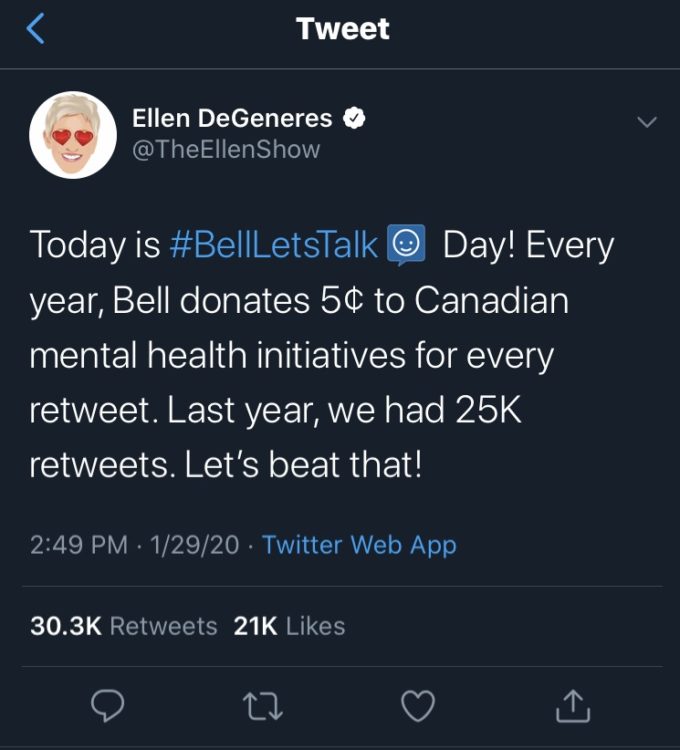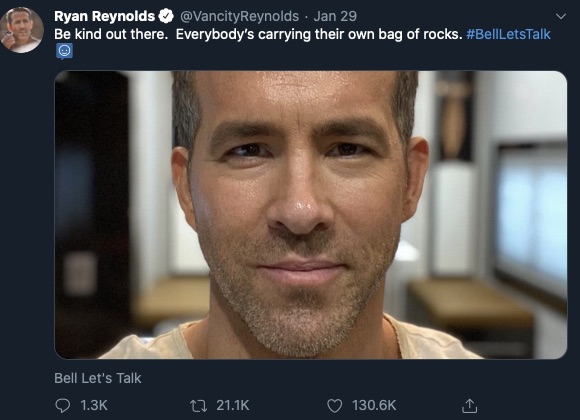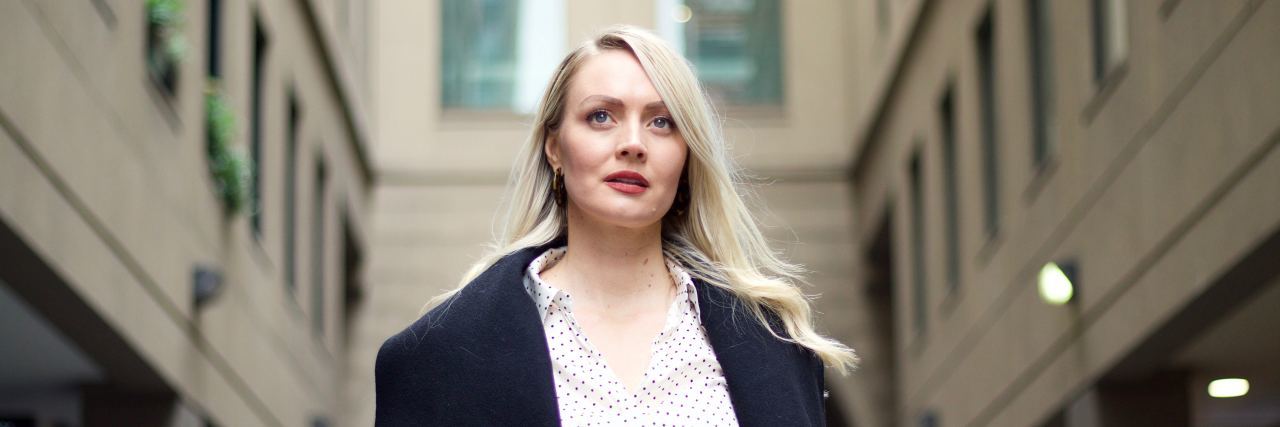Why 'Bell Let's Talk Day' Is Great, but Not Enough for People Struggling With Mental Illness
Wednesday, my mental health wasn’t so good. And it happened to be the “Bell Let’s Talk,” mental health national awareness campaign. How ironic that on the day I wait to speak about mental health and the need for less stigma and more supports, I can barely get out of bed, let alone bare the thought of reading online messages of reducing stigma. I forced myself to tweet and post what I could, but it was nowhere what I had intended to do.
Wednesday, on the day of raising mental health awareness, the mental health advocate, couldn’t advocate.
If you’re Canadian, you will know Wednesday, one of the biggest telecommunications companies, Bell, promoted its annual “Bell Let’s Talk Day.” Ten years ago, the company decided to engage Canadian athletes and celebrities in the conversation about mental health acceptance and breaking the barriers of stigma. Its unique awareness campaign promised to donate five cents for every text or call made by Bell wireless customers that day to government and non-governmental mental health organizations and programs. Throughout the years, the ease of throwing a nickle in the pot became even easier with the inclusion of Twitter, Facebook and Instragram by simply using the hahstag #BellLetsTalk.

With easier access to communication also came the participation of big celebrities chiming in. Wednesday was a Twitter storm that saw the likes of William Shatner, Celine Dion, Ellen and Ryan Renolds who tweeted, “Be kind out there. Everybody’s carrying their own bag of rocks.” At the end of the day, Bell was able to collect a whopping 7.7 million dollars, which is the highest amount raised to date.

Wow, 7.7 million dollars for mental health. So I guess we have started to talk. A lot. And yet, I am still struggling. And I know one in five are still struggling, too.
I try to be positive about the fact at least we are talking about mental health out loud and saying, “It’s OK not to be OK.” But I can’t help but feel angered by the fact I can’t find a psychiatrist to treat me because there is a shortage of them, and the only supports I can access without payment are non-profit consults. Although helpful for some, and so needed, advocacy and drop-in sessions should never take the place of true clinical services. Ultimately, people who are struggling to live don’t need more awareness. What they need are ongoing and consistent clinical services. This is the emergency need that hasn’t been addressed, and is still the struggle of many health care systems in the world.
I know we have come so far. I know because I’m writing about it and I’m OK now with people knowing about my very long and difficult struggle with the demons that have plagued me for decades.
But I still can’t find the help I need. And although there are so many advocacy groups and online resources I can access, the hardest part for me is not having that one professional to validate my disorder and to keep telling me what I am experiencing is a medical condition that needs treatment.
So today, I cling to hope. Because without it, I wouldn’t be here.
I have hope in 10 years from now, I’ll be saying we did get help. We moved from talking to action, and from action to healing. And we never have to remind people mental health is health.
See you in 10.
Unsplash image by Freshh Connection

